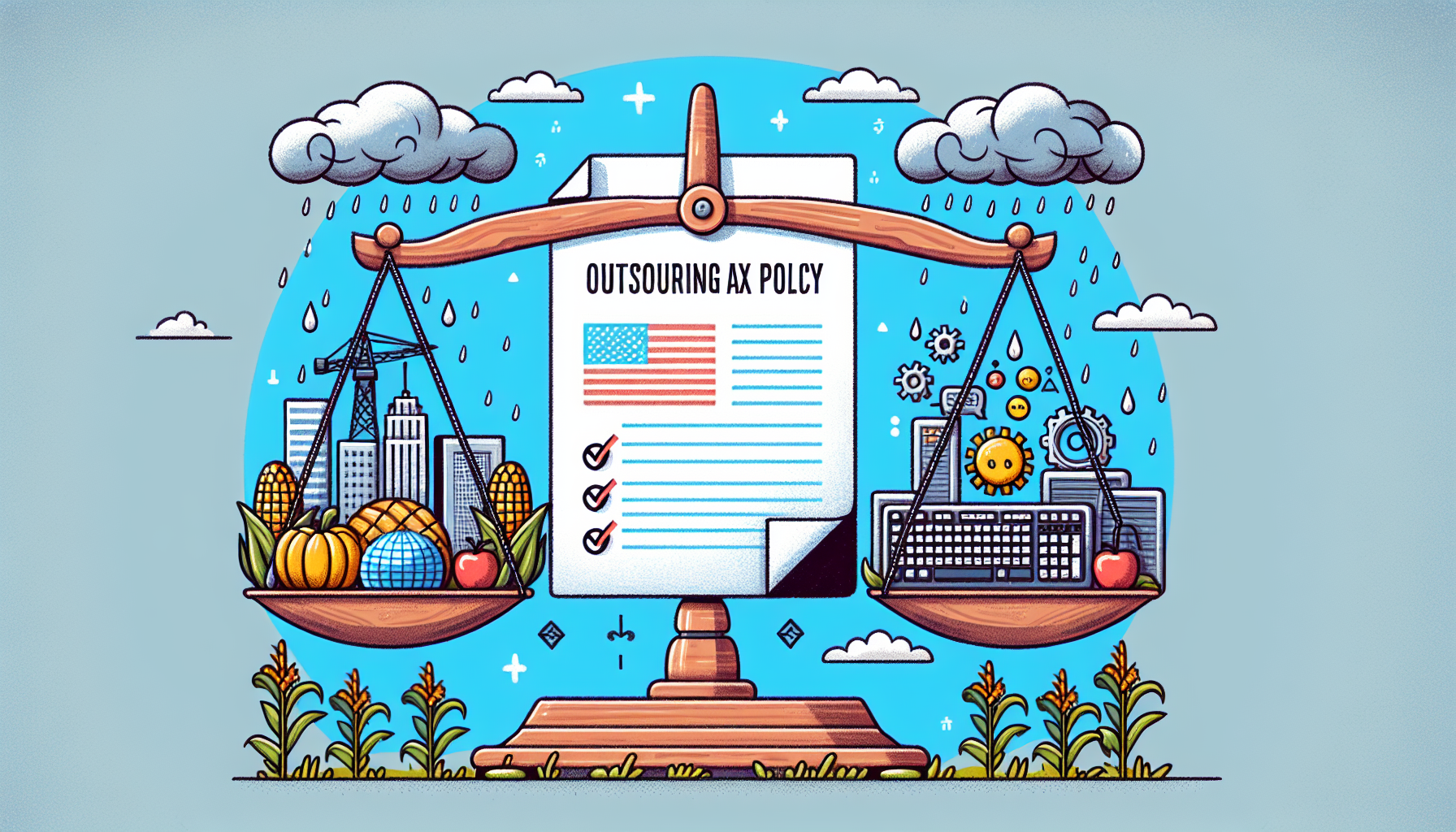US Outsourcing Tax Plan Raises Worries in India’s IT Industry
We independently review everything we recommend. When you buy through our links, we may earn a commission which is paid directly to our Australia-based writers, editors, and support staff. Thank you for your support!
Quick Read
- The US suggests a 25% tax on companies outsourcing services abroad.
- India’s $425 billion IT industry faces potential revenue obstacles.
- The HIRE Act intends to reduce job outsourcing to foreign employees.
- Significant legal confrontations and lobbying from impacted companies are anticipated.
- US businesses may encounter elevated tax obligations up to 60% on outsourced payments.
- Effects are expected on US firms’ Global Capability Centres (GCCs).
India’s IT Industry Prepares for US Outsourcing Tax Suggestion
India’s enormous IT industry is grappling with a swirl of uncertainty as the United States considers a proposed 25% tax aimed at American firms that rely on foreign outsourcing services. Analysts and legal professionals indicate that this legislative action could prompt a fundamental change in the manner in which leading companies in the world’s largest outsourcing hub secure IT services.

The HIRE Act: A Potential Turning Point?
The HIRE Act, introduced by US Republican Senator Bernie Moreno, lies at the core of this possible disruption. The legislation aims to levy a tax on firms that prioritize hiring foreign staff over American workers, redistributing the tax income to develop the US workforce. Additionally, it seeks to disallow companies from deducting outsourcing expenses on their tax returns.
Consequences for India’s IT Titans
India’s IT sector, a $425 billion market recognized for delivering software services to giants like Apple and Cisco, confronts an ill-timed hurdle. Already under pressure from inflation and delayed spending in the US market, the sector’s revenue growth is feeling the strain. The rollout of the HIRE Act could intensify these challenges by drastically changing the economics of outsourcing.
Potential Legal and Lobbying Confrontations Ahead
If the bill advances, robust opposition is anticipated. Companies that depend heavily on outsourcing are likely to engage in extensive lobbying efforts and may initiate legal challenges to mitigate the proposed tax’s consequences on their business operations.
Global Capability Centres in Jeopardy
The proposed tax also poses a risk to US firms’ Global Capability Centres (GCCs), which have evolved from mere offshore back offices into essential innovation hubs. These centres, crucial for operations, finance, and research, could see delays in their growth initiatives.
Conclusion
The proposed outsourcing tax by the US outlines substantial challenges for India’s IT sector, with possible legal and operational implications for US companies. The industry needs to brace for a shifting landscape in outsourcing and prepare for rigorous lobbying and legal confrontations.
